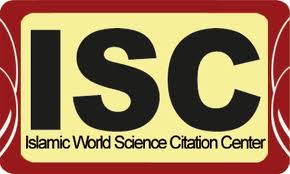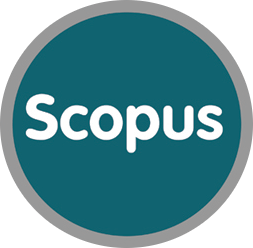E-WASTE: ETHICAL IMPLICATIONS FOR EDUCATION AND RESEARCH
DOI:
https://doi.org/10.31436/iiumej.v9i2.97Abstract
“E-waste” is a popular, informal name for electronic products nearing the end of their “useful life”. This includes discarded computers, televisions, VCRs, stereos, copiers, fax machines, electric lamps, cell phones, audio equipment and batteries. E-wastes are considered dangerous, as certain components of some of these electronic products contain materials; such as lead; that are hazardous, depending on their condition and density. If improperly disposed, E-wastes can leach lead and other substances into soil and groundwater posing a threat to human health and environment. Many of these electronic products can be reused, refurbished, or recycled in an environmentally sound manner so that they are less harmful to the ecosystem.This paper highlights the types and hazards of E-wastes particularly the computers’ waste. The dimensions and ethicality of the problem in the third-world countries are reviewed. The needs for the appropriate management of e-waste and options that can be implemented are discussed. After reviewing the Islamic concepts for environmental protection, ethical implications for curriculum development as well research directions are highlighted. Elements for a course on e-waste as well as some across-the-curriculum topics are proposed. This is specially tailored to suit the faculty of Engineering at the International Islamic University-Malaysia.
Downloads
Download data is not yet available.
Metrics
Metrics Loading ...






















